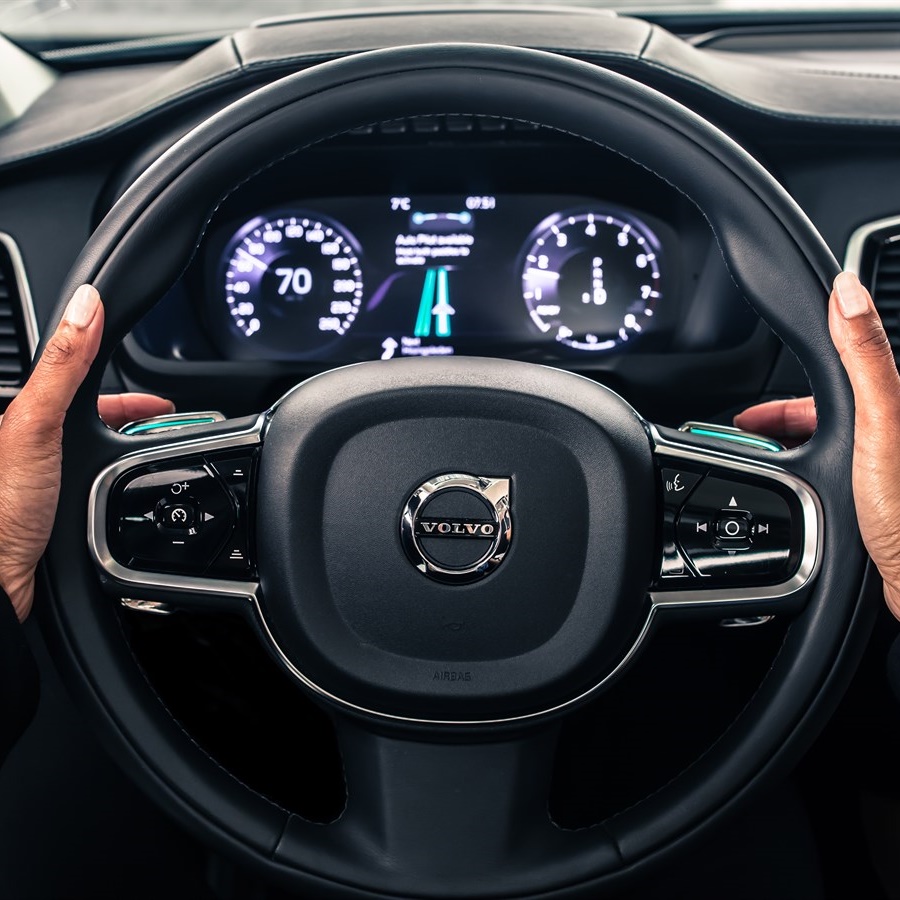Cars and Drivers
Volvo, Uber Team Up for Driverless Fleet by End of 2016

Published:
Last Updated:

Ford Motor Co. (NYSE: F) made a lot of noise earlier this week with its announcement that it would have fully autonomous (i.e., driverless) cars on the road by 2021. That’s five years later than Volvo and Uber expect to have a fleet of 100 semi-autonomous cars on the streets of Pittsburgh.
Starting later this month, Uber will let customers in downtown Pittsburgh call for a self-driving car from their cell phones. The car will come with a human driver for now, but the two companies expect to have fully autonomous cars ready by 2021, the same time-frame that Ford is projecting.
Volvo, once owned by Ford but now part of China’s Geely, already has delivered several modified XC90 sport utility vehicles s to Uber. The cars are equipped with sensors that use cameras, lasers, radar and GPS receivers to control the vehicles. In a joint press release the companies said:
The Volvo-Uber project marks a significant step in the automotive business with a car manufacturer joining forces with a new Silicon Valley-based entrant to the car industry, underlining the way in which the global automotive industry is evolving in response to the advent of new technologies. The alliance marks the beginning of what both companies view as a longer term industrial partnership.
According to a report at Bloomberg, Uber customers will be supplied at random with a driverless car and the ride will be free, rather than the local Pittsburgh rate of $1.30 per mile. The report cited Travis Kalanick, Uber’s CEO, who said that “prices will fall so low that the per-mile cost of travel, even for long trips in rural areas, will be cheaper in a driverless Uber than in a private car.”
Neither Volvo nor Uber is tied to an exclusive deal. Both plan to seek other partners, and unlike Google or Tesla, Uber has no plans to build its own cars. The company plans to develop kits for other makes of cars.
Sherif Marakby, head of Uber’s global vehicle programs, told Automotive News:
We believe demand will be very high among people open to new technology. Part of the excitement is the technology, and we can get into full autonomy with ride-sharing. Our strong belief is that there will be a good portion of the population who will be very open to ride sharing in an autonomous vehicle.
Uber is betting on ride-sharing rather than car ownership as the next big thing in personal transportation. It’s risky, but not unreasonable. Stay tuned.
Thank you for reading! Have some feedback for us?
Contact the 24/7 Wall St. editorial team.